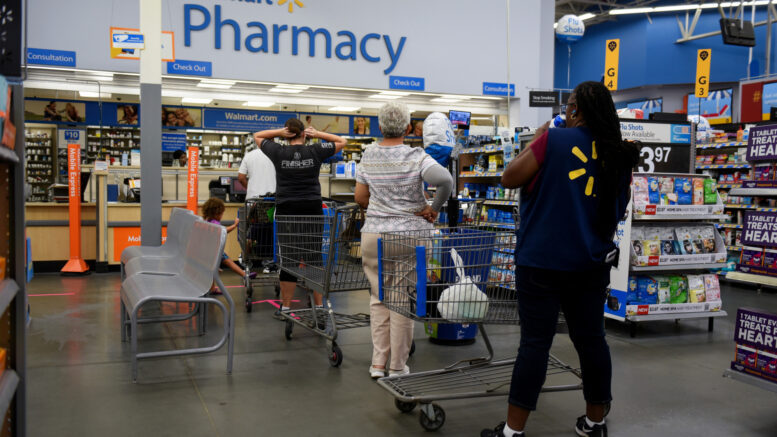A new survey conducted by YouGov indicates that the overwhelming majority of likely voters don’t want the government controlling prices of prescription drugs, fearing doing so will only increase costs and make it more difficult to access medication.
Roughly 68% said that in order to reduce costs, the federal government should promote greater competition and cut red tape that increases costs, which have hindered the ability of new prescription drugs entering the market. A minority, 32%, said the government should strictly control the price of prescription drugs, even if it leads to drug shortages or fewer new drugs entering the market.
Nearly 3 in 5, 59%, said the U.S Food and Drug Administration (FDA) should be reformed to lower prices.
“Supporters of drug price-fixing have told us that fewer new medications is an acceptable price to pay for lower drug costs. Voters disagree – and strongly,” Dean Clancy, Senior Health Policy Fellow at Americans for Prosperity, said. “A vast majority of voters want drug prices addressed through non-draconian measures that would expand access to medications and boost affordability.”
The survey was published at a time when Congress is considering legislation that would allow the federal government to set the price of hundreds of prescription drugs – and tax drug companies up to 95% if they don’t comply with the fixed price scheme.
The YouGov poll, conducted from July 28 to Aug. 2, surveyed 1,000 registered voters online and has a margin of error of 3.5%.
AFP has been urging lawmakers to pursue a personal option for prescription drugs to give patients more affordable choices, increase the supply of generic medications, and reduce costs by reforming the FDA’s approval process.
Congressional Democrats from 15 battleground districts have asked U.S. House Speaker Nancy Pelosi and Senate Majority Leader Chuck Schumer to allow Medicare to negotiate drug prices in an effort to reduce costs.
Implementing medication price controls could be achieved two ways, through HR 3, or added into an overall omnibus spending bill estimated to cost $3.5 trillion.
In a 2019 report, the White House Council of Economic Advisers estimated that HR3 would lead the pharmaceutical industry to produce as many as 100 fewer products over the next decade. This would likely result in having less access to drugs and fewer medical breakthroughs, as well as price controls. Passage of HR3 would reduce America’s annual economic output by between $375 billion and $1 trillion, roughly 10 to 30 times what the bill is projected to save, according to the report.
Critics argue price controls will lead to drug shortages. They also note there are less expensive options that would effectively reduce costs, such as reforming the FDA’s drug approval process, and ending “pay-for-delay” agreements. Under these agreements, brand-name drug companies have persuaded generic competitors to delay bringing their products to market, extending the length of time they can sell name brand drugs at higher prices.
Legislators have proposed 40 bipartisan reforms through H.R. 19 as well as the Wyden-Grassley drug reform proposal in the U.S. Senate.
This article was originally posted on New poll shows low support for government-mandated drug price controls

Be the first to comment on "New poll shows low support for government-mandated drug price controls"